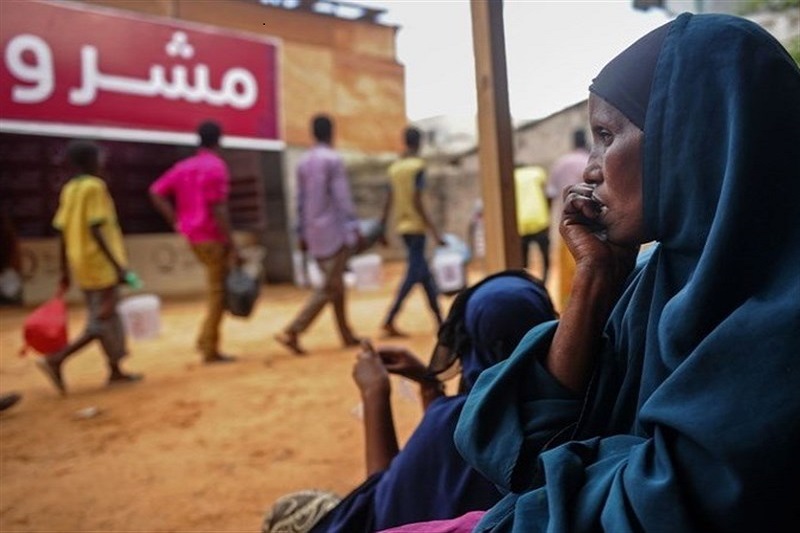Somalia -Following three seasons of inadequate rainfall, the UN warned on Monday that one in every four Somalians is at risk of acute famine as a result of a drought that has slammed the country torn by decades of war. The UN predicts that by May 2022, 4.6 million people will require food aid, as the country has not experienced three consecutive wet seasons in over 30 years. Food, water, and pasture shortages have already driven 169,000 people to flee their homes, with the UN warning that the figure might climb to 1.4 million in six months.
Natural disasters, rather than violence, have been the main cause of displacement in Somalia in recent years, a country that is among the most vulnerable to climate change. “It’s going to be an unprecedented calamity,” UN humanitarian coordinator for Somalia Adam Abdelmoula told AFP, estimating that 300,000 children under the age of five are at risk of severe malnutrition in the coming months. He warned, “They will die if we don’t help them quickly,” as the UN requested $1.5 billion to help with the disaster.
Related Posts
According to the UN, nearly half of Somalia’s population of 15.9 million people will require humanitarian assistance and protection in 2022, a 30 percent rise in only one year. At least seven out of 10 Somalis are poor, and the drought has wreaked havoc on already tenuous sources of income—livestock losses, lower harvests, all of which are compounded by high inflation. “The risk is so grave that children, women, and men in Somalia may go hungry unless immediate humanitarian assistance is provided,” said Khadija Diriye, Somalia’s Minister of Humanitarian Affairs and Crisis Management.
In November, the Somali government declared a humanitarian emergency due to the drought. Drought and floods struck Kenya and South Sudan recently, killing cattle, damaging pastures, and wrecking crops. Water and food shortages have sparked fears of resource strife between communities. Extreme weather occurrences are becoming more frequent and intense, according to experts, who attribute this to climate change.

